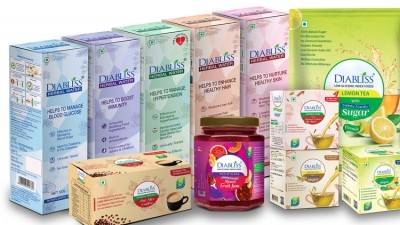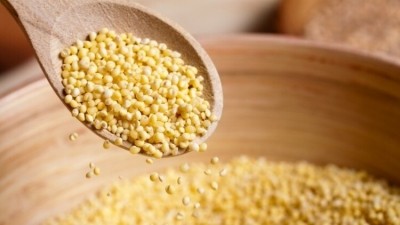Barberry consumption helps alleviate cardiovascular risk factors in susceptible individuals – RCT

The study discovered that consumption could help improve lipid profiles and systemic inflammation.
In the RCT, researchers examined plasma lipids and inflammatory markers in 78 subjects aged 20 to 65 years old with cardiovascular disease (CVD) risk factors.
The subjects, who had histories of hypertension and one other CVD risk factor such as diabetes and hyperlipidaemia, were recruited from research hospital Rajaei Cardiovascular, Medical, and Research Center, in Tehran, Iran.
The single-blinded, parallel-assigned RCT saw a total of 39 participants receiving 10g of dried barberry daily and the next 39 a placebo.
Blood tests were undertaken at the start and the end of the study, and several plasma lipid and inflammatory markers such as C-reactive protein (CRP) and interleukin-6 (IL-6) were analysed.
Findings
Results showed that there was a significant decrease in plasma lipids, including total cholesterol, low-density lipoprotein cholesterol and triglycerides, but not in high-density lipoprotein cholesterol.
As for the inflammatory markers, findings showed that the CRP levels had been reduced.
Inflammation is a new risk factor proposed for CVD; hence, a reduction in the levels of such markers are important to examine.
This reduction could be caused by the anti-inflammatory effects of certain compounds in the berry, especially the polyphenol anthocyanin.
Besides reducing inflammation, anthocyanins are known to reduce low-density lipoprotein and triglycerides.
Another compound in the berry is berberine, which may improve plasma lipid concentrations, liver function and bile secretion, and inhibits cholesterol uptake in the intestines.
Conclusion
The researchers concluded that barberry consumption was suitable for people at risk of getting CVD.
“However, to confirm the results, further studies with a larger sample size and different amounts of barberry are recommended,” said the researchers.
The National Nutrition and Food Technology Research Institute of Shahid Beheshti University of Medical Sciences of Tehran, Iran, funded the study.
Source: BMC Complementary Medicine and Therapies
DOI: 10.1186/s12906-022-03539-8
“The effect of barberry (Berberis integerrima) on lipid profile and systemic inflammation in subjects with cardiovascular risk factors: a randomized controlled trial”
Authors: Hadi Emamat, et al






















